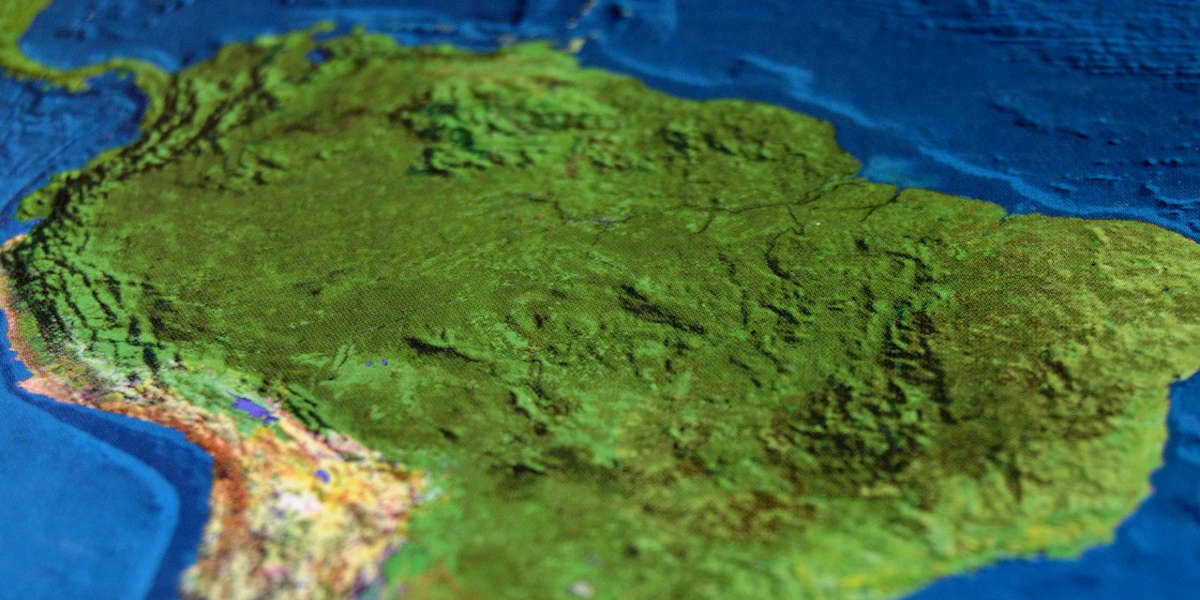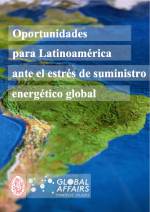In the picture
Cut of northern South America on a three-dimensional map [Pixabay].
PRESENTATION
The geostrategic need of Europe, the US and other Western powers to replace Russian oil and gas supplies opens a window of opportunity for Latin American hydrocarbon producers. To the extent that sanctions against Vladimir Putin's Russia affect various energy sectors, including coal, or certain raw materials, other producers in the region may also benefit.
The instability that the war in Ukraine has introduced into the market, however, also has its risky side, clearly in the case of countries that must import a large part of their energy sources. The war is also increasing the inflationary trend that has already begun with the difficulty of restarting supply chains in the post-Covid era, and this affects the whole planet. Latin American countries, some of which have a significant share of agriculture in their GDP, are particularly affected by the rising cost of fertilisers.
Seizing the moment of opportunity will depend on each country. Overall, the region is in a period of strategic disorientation and it remains to be seen whether the respective governments can maximise the benefits for their societies. After a general introduction on how the region is coping with challenge, this report looks at two major oil producers (Venezuela and Brazil), the regional leader in coal (Colombia) and two nations where recent political ups and downs put added pressure on their hydrocarbon or mineral sectors (Ecuador and Peru).
INDEX
Latin America can be part of the solution to this energy crisis, but is there the will and the capacity to tackle challenge? / IGNACIO URBASOS
Venezuela seeks to increase oil production, but will barely be able to compensate for a Western boycott of Russia / ANTONIO DE LA CRUZ
Brazil: new strategic partner in the face of a political cycle of enormous potential / MARÍA PAULA DE LA HOZ
Colombia: a country core topic in the supply of coal to Europe / PAOLA ROSENBERG
Ecuador and Peru: two governments with opposite political trajectories, but similar socio-economic challenges / CAROLINA FERRO and GABRIELA PAJUELO


